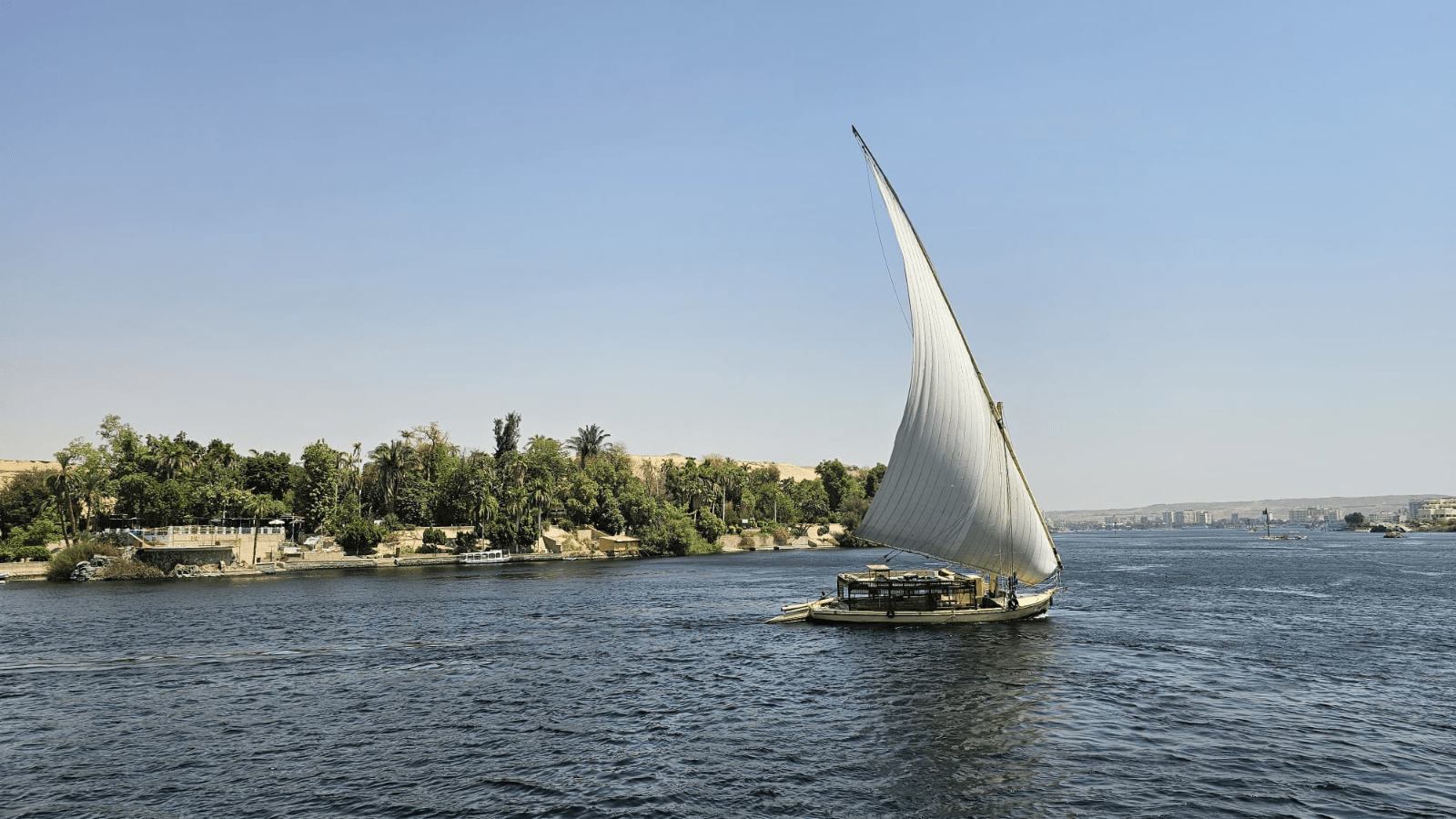
The Gift of the Nile: How the River Shaped Ancient Egypt
Why Egypt is Called the Gift of the Nile
The phrase “Egypt, the Gift of the Nile” is famously attributed to the ancient Greek historian Herodotus, who marveled at how a mighty river could sustain and shape an entire civilization. But what exactly makes the Nile so vital that it earned Egypt this distinctive title? To understand this, we need to explore the geography, history, and life-giving benefits that the Nile River has provided to Egypt for thousands of years.
The Lifeblood of a Desert Civilization
Egypt is largely a vast desert, with the Sahara stretching across much of its territory. Without a reliable source of water, sustaining large populations or cultivating crops would have been nearly impossible. The Nile River, flowing over 4,000 miles from East Africa to the Mediterranean Sea, creates a narrow, fertile corridor through this arid landscape. This ribbon of life is what enabled ancient Egypt to flourish in an otherwise harsh environment.
Fertile Soil and Predictable Flooding
One of the Nile’s greatest gifts was its annual inundation. Each year, the river would overflow its banks, depositing rich, fertile silt across the floodplain. This natural fertilization process replenished the soil, making it ideal for farming crops such as wheat, barley, and flax. The Egyptians developed a deep understanding of the flood cycles and aligned their agricultural calendar with the river’s rhythms, enabling them to produce surplus food to support a growing population.
Water Supply and Transportation
Beyond agriculture, the Nile provided a constant supply of fresh water, crucial for drinking, cooking, and hygiene. The river was also Egypt’s primary transportation artery. Boats carried goods, people, and armies up and down the river, connecting distant parts of the kingdom. This connectivity facilitated trade, political unity, and cultural exchange, contributing to Egypt’s stability and prosperity.
Supporting Civilization and Culture
The Nile’s abundance made possible the development of complex social structures, monumental architecture, and rich cultural traditions. The river was central to Egyptian religion and mythology, revered as a divine source of life. Many festivals, rituals, and myths centered around the Nile and its life-giving powers.
Conclusion: Why the Nile Was Egypt’s Gift
Without the Nile, Egypt’s deserts would have been inhospitable wastelands. It was this river that transformed Egypt into one of the world’s earliest and longest-lasting civilizations. The “Gift of the Nile” is not just a poetic phrase—it encapsulates the vital role the river played in shaping Egypt’s history, economy, and culture.
At Vagus Travel Co., we celebrate the natural wonders and human ingenuity that define our world’s great civilizations. Explore more stories like this by subscribing to our newsletter or visiting our educational resources on ancient history.


